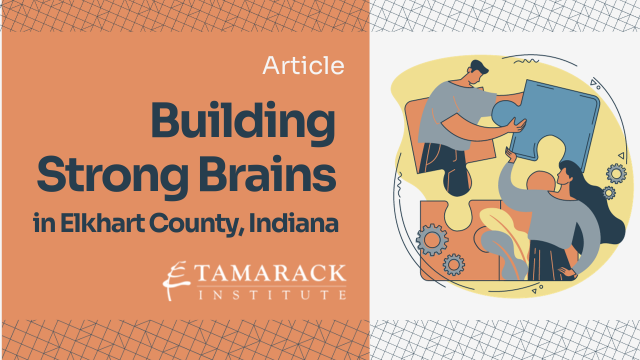This resource is also available in French. Click here to access the French version.
Program evaluation is an important part of long-term care due to its critical role in supporting evidence-based approaches to care. Long-term care is a diverse and essential service provided over a sustained period to people of all ages. Whether it's minimal personal support or comprehensive care. Long-term care can be provided in settings such as nursing homes, residential care facilities, and people’s home environments.
What is Program Evaluation?
Program evaluation assesses the implementation and effectiveness of services, determining their impact and efficiency. It provides a measure to help stakeholders, clients, and staff judge the quality of care provided. Program evaluation can also be applied to existing programs within long-term care to improve practices and priorities, and impact decision-making about the quality of care provided. Finally, evaluation can help in the implementation of new programs and initiatives in long-term care.
The Need for Program Evaluation in Long-Term Care
According to the Government of Ontario’s Long-Term Care Act (2018), each resident has the right to proper accommodation, nutrition, care, and services consistent with their needs. This indicates the primary reason for conducting program evaluations in the long-term care sector. The needs of clients are always evolving, and their quality of care is required by law to reflect that. Program evaluation captures the evolving needs of clients, shedding light on the quality of care through evidence and participant experiences.
Areas of Improvement in Long-Term Care
Program evaluation is one strategy that can help improve the overall client experience, such as collecting feedback from staff and clients on ways to improve discharge planning. However, there are many challenges that can arise during program evaluation. These can include measuring the long-term impact of services, lack of knowledge and experience of the evaluation team, managing evaluation alongside daily responsibilities, resistance from staff and clients, and managing unrealistic expectations when the evaluation is externally funded.
When conducting program evaluation in the long-term care sector, it is important to demystify the evaluation process for both staff and clients to enhance individuals’ experiences not only with evaluation but with quality long-term care services overall.
Conclusion
To summarize, program evaluation plays an important role in long-term care and is essential for maintaining a resident’s overall right to proper assistance and care. While challenges can arise when conducting evaluations, program evaluation is a powerful tool for improving organizational services and operations in the long-term care sector.












.jpg)

